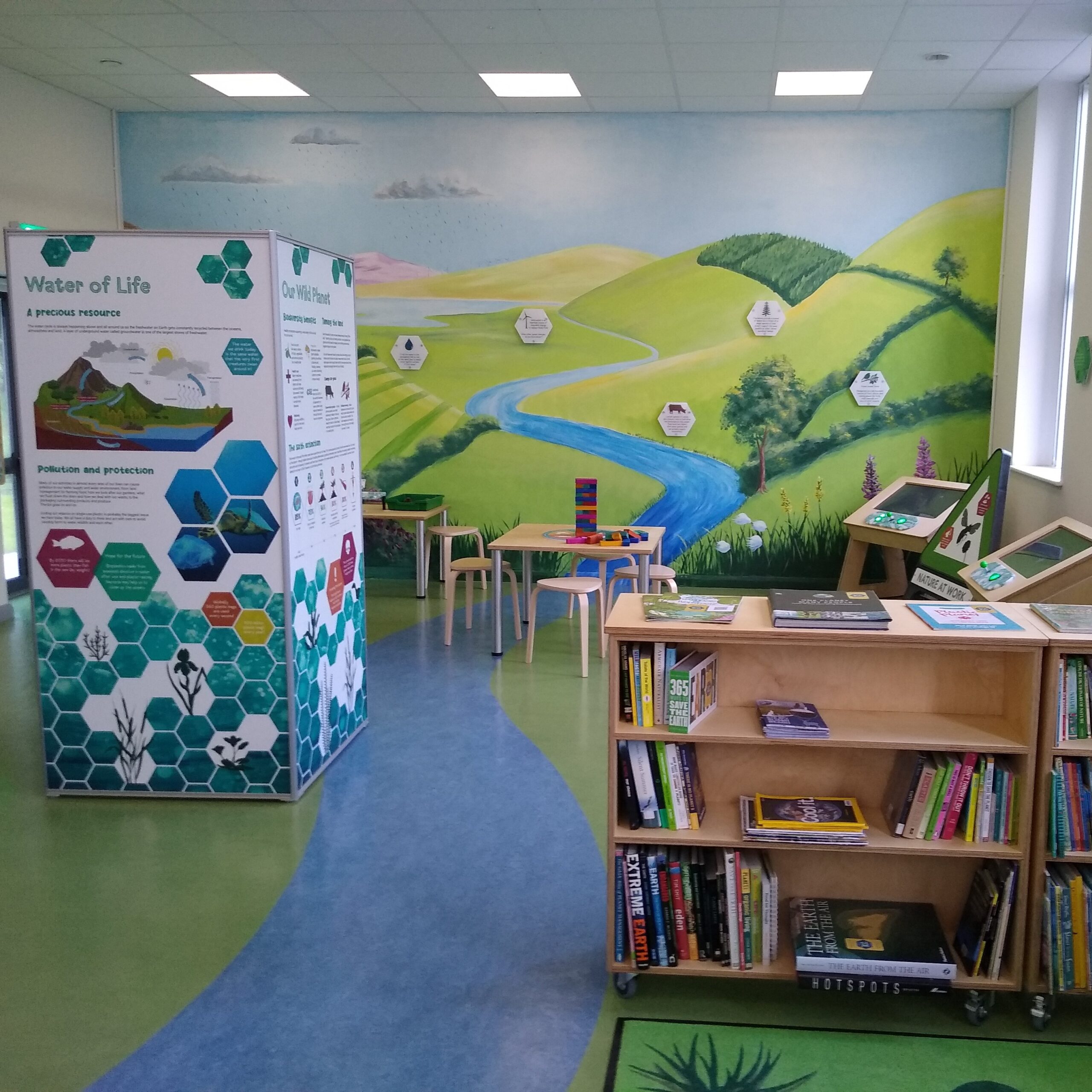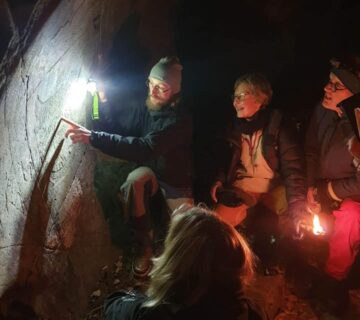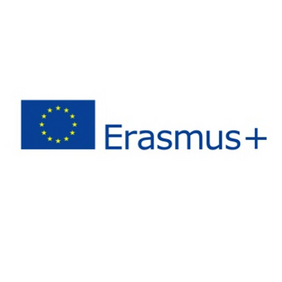An Irish Group Water Scheme is challenging and supporting the next generation: Can interpretation change attitudes and inspire positive action
This story started back in 2005 when the forward-thinking management of the Tydavnet Group Water Scheme in County Monaghan, Ireland, hatched a plan to invest in the next generation to build a robust response to the climate crisis and loss of biodiversity, and the importance of these for protecting water sources.
Fast-forward to March 2022 and I find myself being shown around a former school in rural Ireland, near the border with Northern Ireland, and developing a feasibility study for transforming the site into an environmental centre for cross-border schools and the local communities. It had taken some time, false-starts and perseverance to secure the premises but it was now ‘full steam ahead’.
A local steering committee was quickly formed, bringing together teachers, environmental experts and staff of the National Federation of Group Water Schemes. Within eight months and after some brainstorm workshops coupled with research and led by my 20+ years’ experience of interpretive planning, we had a concept scheme proposal for testing.
The key aim for the centre is to inspire positive action in the next generation and to help start to shift attitudes towards sustainability to secure our future, whether just on a local scale or more global. Everything has to start somewhere and even the biggest journeys start with the smallest steps.
By January 2023, following a period of development and refinement of the plans, and with funding in place for fabrication, we had final designs approved and Nick and I moved into over-drive to ensure that we could deliver the majority of the scheme for a soft-opening in May. This was a pretty tall order and would not have been possible without huge support from the client team, steering committee and local artists and trades joining us to develop the best project possible.
Between May and July 2023, locals and school groups have been exploring and evaluating the exhibits and outdoor spaces, providing feedback for further developments. The content of the centre is delivered through two main topics: Water management and Water in the environment, with obvious cross-linking themes between them. The former classrooms of the old school provide an engaging mix of interpretive media, from graphics and hands-on games to immersive AV experiences and digital exhibits. There is also a research library area, an updateable ‘What’s on/ Find out more’ section and the outside space is zoned with a more formal courtyard giving way to a meandering woodland walk, wildflower meadows, ponds and mini orchard, all of which provide the perfect first-hand setting for environmental activities to support the exhibition content.
The Group Water Scheme also takes classes up to the natural water source in the nearby Slieve Beagh mountain range to look first-hand at water catchment issues. This school, which received significant upgrades to the building in a programme of adaptive re-use to meet sustainable development goals – including insulation, solar panels, heat exchange system, rainwater harvesting – is still providing educational experiences but in a new way, and now under the name The Knocknagrave Environmental Centre, or ‘The KC’ for short.
So, back to the original question, can interpretation change attitudes and inspire positive action? We believe so and the feedback from schools so far really supports this initiative, which is so important in light of global environmental news reports getting more and more stark by the day. The centre includes two pledge panels which allow visitors to publicly celebrate what they have learned from the exhibition and share with each other their best tips for taking positive action towards our planet. Today’s children and youths have a lot of pressure on their small shoulders to succeed where other generations have failed. If we can help to inspire them in a fun and meaningful way, without leading to despair, then we have used our interpretive skill to create a happier story for people, wildlife and our planet.
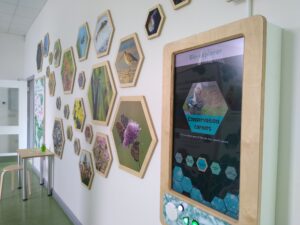
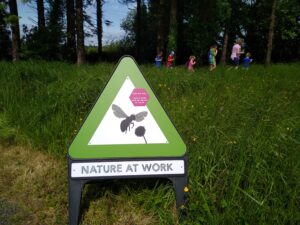
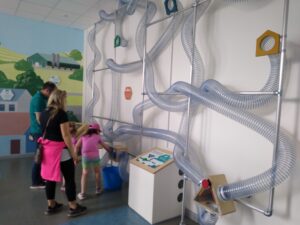
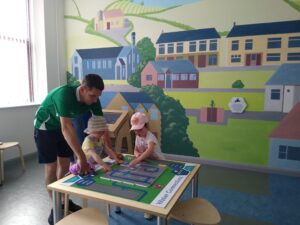
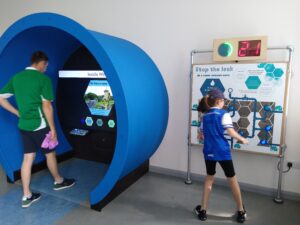
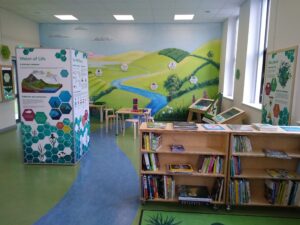
Some of the ways to interact with content about water, biodiversity, climate change and sustainability include: digital games, hands-on games, outdoor activities, immersive AV experiences – all providing prompts to investigate further , work together and help people come to their own conclusions in a community learning hub, Images: Marie Banks
Marie Banks is Interpret Europe’s News Coordinator. Having spent many years in science communication and visitor centre planning, she has been working freelance since 2016, trading as www.zebraproof.uk and with her husband’s exhibition design and build company www.w19-design.co.uk. She can be contacted at: hello@zebraproof.uk.
To cite this article: Banks, Marie (2023) ‘Former school transformed into climate and environment hub ‘in Interpret Europe Newsletter 3-2023, pg. 18-19.
Available online: https://interpret-europe.net/wp-content/uploads/2023/10/PDF-Newsletter-2023_3-autumn.pdf

